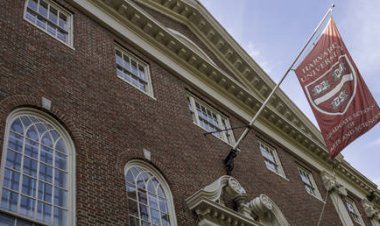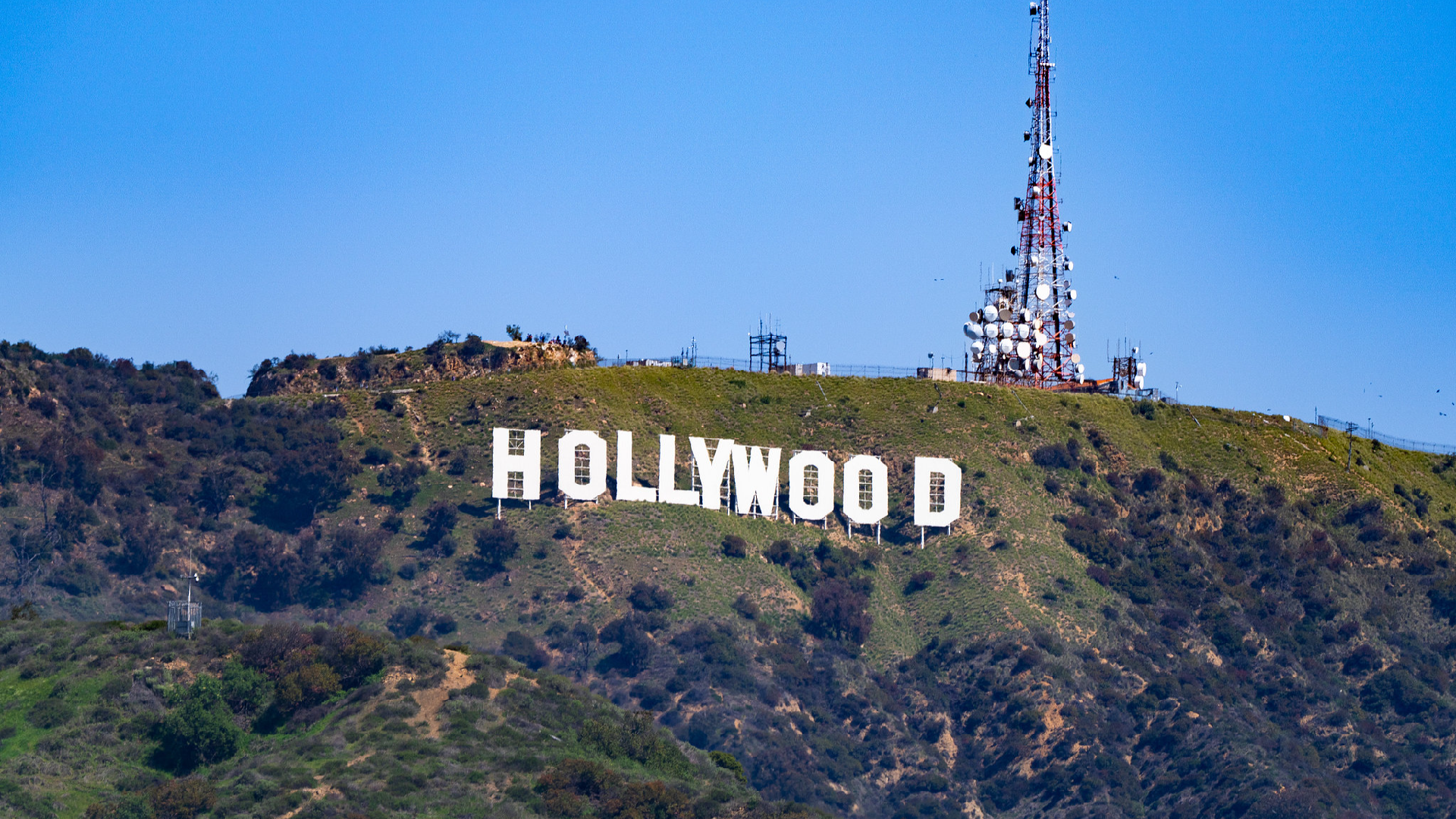Jan. 6 committee to subpoena Trump
The unanimous decision followed a hearing that also revealed the former president secretly ordered troops withdrawn from Afghanistan and Somalia before the 2020 election.

The Jan. 6 select committee voted unanimously Thursday to subpoena Donald Trump, a remarkable bid to tie up one of its last remaining threads that's unlikely to successfully compel the former president's testimony.
"It is our obligation to seek Donald Trump’s testimony," the panel's chair, Rep. Bennie Thompson (D-Miss.), said before the vote. "There’s precedent in American history for Congress to compel the testimony of a president."
Committee vice chair Rep. Liz Cheney (R-Wyo.) described securing the testimony of "Jan. 6’s central player" as "a key task" that remains unfinished. Yet even though members of Trump’s closest inner circle, like his daughter Ivanka and son-in-law Jared Kushner, have testified to the Jan. 6 panel, it's far from clear that the former president — who has routinely denounced their work — would comply with a summons.
And there are plenty of factors cutting against the panel's ability to obtain Trump’s cooperation. There is little precedent for such a move against a former president, which would raise thorny separation of powers issues that have rarely, if ever, been litigated. Only one former president has ever been subpoenaed by Congress — Harry Truman in 1953 — and he defied the summons, contending it would set a dangerous separation-of powers precedent.
“Why didn’t the Unselect Committee ask me to testify months ago? Why did they wait until the very end, the final moments of their last meeting?” Trump posted on his Truth Social platform after the hearing.
The subpoena vote came as the select committee released new details as part of its likely final televised effort to outline evidence that Trump was singularly responsible for the violence of the Capitol riot and the erosion of democratic institutions leading up to it. Drawing on all aspects of their lengthy probe, panel members argued Trump raced to preserve his hold on power while privately acknowledging he had lost reelection and preparing to leave office.
They featured testimony that Trump’s allies were pushing him to declare victory on Election Day 2020 even before the votes were counted, that he was in a unique position to know election fraud claims were false, and that he was warned of the unfolding violence at the Capitol before he tweeted an inflammatory attack on then-Vice President Mike Pence.
Among other revelations, the committee said Thursday that Trump sent military leaders into a panic by secretly ordering all U.S. troops withdrawn from Afghanistan and Somalia days after losing reelection.
The select panel showed testimony from Gen. Mark Milley, chairman of the Joint Chiefs of Staff, describing Trump's withdrawal move as “potentially dangerous" but said Trump suggested leaving the problem to "the next guy." While the order was never implemented, Trump’s intent was to complete the withdrawal before Inauguration Day — and panel member Rep. Adam Kinzinger (R-Ill.) argued that it was evidence that he knew "his term would shortly end."
And despite his private admissions, Trump publicly continued to sow doubt about the election results, part of a plan the select committee said he began implementing days before the election.
Trump’s election night speech falsely declaring victory was all part of a “premeditated plan,” panel member Rep. Zoe Lofgren (D-Calif.) said Thursday. She cited comments from late October and early November 2020 by key Trump allies like Roger Stone, Steve Bannon and Judicial Watch head Tom Fitton, who delivered a draft statement for the then-president to claim victory while millions of votes had yet to be counted.
“We had an election today — and I won,” Fitton’s statement read, per a copy delivered to Trump aides in an Oct. 31, 2020, email released by the panel. Fitton resent the memo to the White House on Nov. 3, 2020, and said he had talked to Trump about it.
In addition to emphasizing aspects of the plan that began before Election Day, the panel argued that Trump’s bid to subvert the 2020 election didn’t end on Jan. 6, 2021, or even when he left office. Since then, he’s gone to even further lengths to delegitimize his defeat.
By contending that even amid the wreckage of Jan. 6, Trump continued to plot ways to remain in power, the hearing also functioned as a segue of sorts to the criminal case that federal prosecutors are piecing together — bolstered by the recent issuance of dozens of grand jury subpoenas and court-authorized searches of some of Trump’s top allies. Cheney said the panel could still make criminal referrals to DOJ but emphasized their “role is not to make decisions regarding prosecution."
Investigators indicated they're still likely to produce a final document by December summing up their conclusions and are also weighing the release of their hundreds of witness transcripts that federal prosecutors have indicated interest in.
Thursday's hearing, postponed from an earlier date due to Hurricane Ian, did not incorporate testimony from Virginia Thomas, the wife of Supreme Court Justice Clarence Thomas.
Thursday’s hearing also featured some of the select panel’s evidence obtained after its summer hearings, like interviews with Trump Cabinet members like former Secretary of State Mike Pompeo and former Transportation Secretary Elaine Chao. It also presented documentary footage of longtime Trump ally Roger Stone, who was followed around by a camera crew in the weeks leading up to Jan. 6.
The Stone footage, provided by a Danish film crew and subpoenaed by the select panel, includes audio of Stone — one day before Election Day — telling an associate, “Fuck the voting, let’s get right to the violence,” while laughing.
Investigators also aired new footage of congressional leaders scrambling to bring both chambers back in session during the insurrection and making phone calls for help.
“It’s just horrendous and all at the instigation of the president of the United States,” Speaker Nancy Pelosi told then-Virginia Gov. Ralph Northam, a Democrat, in one video. The footage was recorded by Pelosi's daughter Alexandra Pelosi, a filmmaker, according to a person familiar with the situation.
Panel members also presented a significant trove of documents and messages recently turned over by the Secret Service, including messages from agents warning of the potential for violence on Jan. 6 and of the danger to Pence after Trump’s Twitter attack on him.
Rep. Pete Aguilar (D-Calif.) said Thursday the committee was bringing witnesses back in to testify based on new information and also reviewing "potential obstruction" leads related to advice witnesses received not to testify about Trump’s altercation with his security detail on Jan. 6. Investigators have viewed the agency with skepticism after learning that thousands of messages sent among senior officials — including on and around Jan. 6, 2021 — were erased in what the agency described as a tech upgrade.
The committee flicked at some of Stone's links to pro-Trump extremist groups, like the Oath Keepers and Proud Boys, playing out alongside the Justice Department’s most significant criminal trial yet stemming from the Jan. 6 attack. Just across the street from the Capitol, five leaders of the Oath Keepers, including Rhodes, have begun their trial on seditious conspiracy charges.
Investigators have eyed the voluminous connections between Trump and those who facilitated nearly every aspect of the former president’s push to subvert the election, even though there’s been little evidence of Stone’s direct involvement in those efforts.
Yet several figures in Stone’s orbit were among the most significant players in the events of Jan. 6, including Proud Boys national chair Enrique Tarrio and Oath Keepers founder Stewart Rhodes.
Stone also hired several members of the Oath Keepers to perform security for him on Jan. 5 and 6, 2021 — among them, Kelly Meggs, who is charged alongside Rhodes with seditious conspiracy for their involvement in the breach of the Capitol. Another Oath Keeper who guarded Stone, Joshua James, has already pleaded guilty to seditious conspiracy.












